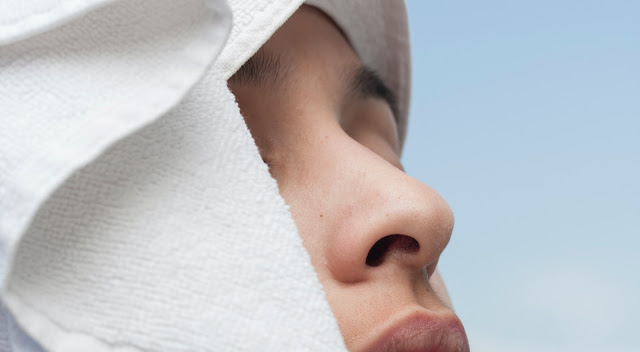Rhinoplasty is a new surgery that has quickly become popular in the world of plastic surgery. It’s a revision surgery that replaces or restores the nose. And, as with all surgeries, there are risks and rewards associated with rhinoplasty.
There are three main types of rhinoplasty in New York: bridge, muscle, and cartilage. Bridge rhinoplasty is an option for people who want to make major changes to their noses but don’t want a total reconstruction. Muscle rhinoplasty is an option for people who have severe Nasal Deficiency Syndrome (NDIS) or other medical problems that prevent them from having a normal nose. Cartilage rhinoplasty is an option for people who have very thin nasal skin and want to add some extra volume to their face.
Each type of rhinoplasty has its own set of risks and benefits. If you decide to go through with a Rhin
What is Rhinoplasty?
rhinoplasty is a new surgery that is designed to correct problems with the nose. Rhinoplasty is often used in people who have had other Nose Surgery such as General Anesthesia or Aromatherapy Nose Surgery. The benefits of rhinoplasty include:
- Improved Look and Senses: With rhinoplasty, the nose can be corrected so that it looks more modern and realistic. This can improve your appearance and help you feel more confident about yourself.
- Better Breathing: Rhinoplasty helps improve your breathing because it corrects the position of the septum and improves airflow to the nose.
- Reduced Snoring: Rhinoplasty also helps reduce snoring by correcting the shape of the nose and improving airflow to your brain.
- fewer Health Problems: If you have other medical conditions that could be improved by surgery, rhinoplasty may be a good option for you.
What are the risks of Rhinoplasty in New York?
There are a few risks associated with rhinoplasty, but they are relatively low when compared to other types of surgery. The most common risk is anesthesia side effects which can occur during surgery but can also occur after treatment has ended. Other risks include infection, complications from anesthesia, increased swelling, and long-term side effects from surgery such as vision loss, hearing loss, or excessive dependence on antibiotics post-surgery. If you have any questions about Rhinoplasty NY or its potential risks, don’t hesitate to Contact Us!
What are the Requirements for Rhinoplasty?
A rhinoplasty is a surgery that involves removing part or all of the nose. The general requirements for rhinoplasty include having a reasonable nose job, being healthy, and being able to tolerate anesthesia.
What Are the Rhinoplasty Patient's Pre-OPERatives?
Before rhinoplasty can be performed, the patient must have a reasonable nose job. This means that the nose must be thinned and reshaped so that it looks more proportional to the face. Additionally, surgeons must remove any cartilage or other supporting structures in order to achieve a healthy nose.
What are the Rhinoplasty NY Patient's Post-OPERatives?
After rhinoplasty, many patients experience various side effects such as nasal odor, eye irritation, and increased sneezing episodes during waking hours. However, overall satisfaction with surgery is high, and most patients report feeling good after surgery.
How to Get a Rhinoplasty Surgery.
Rhinoplasty surgery is a new surgery that is being developed in New York to improve the appearance of the nose. The surgery is usually done in collaboration with a plastic surgeon and can involve reshaping the nose using techniques such as laser and implantation of devices.
Finding a rhinoplasty surgery can be difficult, but it’s important to do your research before booking. You can find information about rhinoplasty surgeries on websites like Rhinoplasty Surgery Centers in New York or online patient portals.
Once you have found a Rhinoplasty Surgery Center in NY, you will need to book a consultation. To do this, you will need to provide your contact information and make an appointment. You will then receive a notice indicating when and where your consultation will take place.
You should also prepare for your surgery by taking care of any health concerns that may affect your nasal function, such as allergies, asthma, or other medical problems. After your surgery has been performed, you should generally feel good and enjoy excellent nasal function.

Comments
Post a Comment